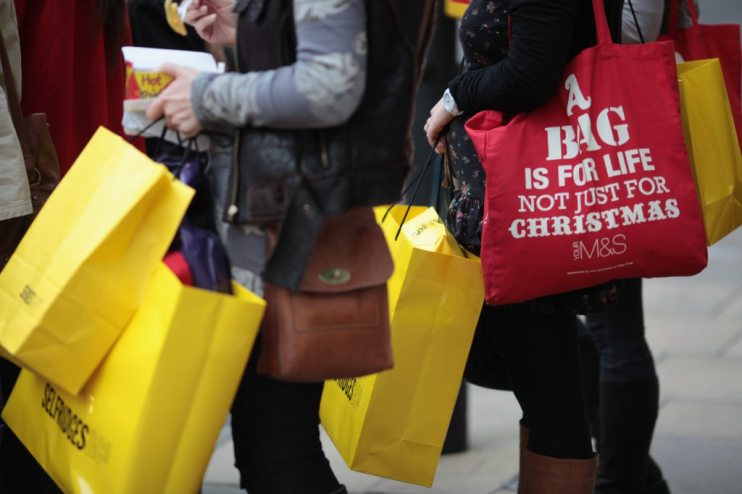UK recovery blinks in the face of supply chain breakdowns leaving economy stumbling behind G7 rivals

The UK economic recovery is blinking in the face of severe supply chain breakdowns and soaring inflation, leaving Britain stumbling behind its G7 rivals.
Over the three months to September, the British economy grew 1.3 per cent, much lower than experts’ expectations, according to the Office for National Statistics (ONS).
Worryingly, the ONS revised down their estimates for monthly GDP growth in July and August, causing the third quarter print to come in below expectations.
Chancellor Rishi Sunak hailed the GDP figures citing projections by the International Monetary Fund that forecasts the UK “to have the fastest growth in the G7 this year,” he said
However, the British economy is still 2.1 per cent smaller compared to its pre-pandemic size. The US economy has already topped its pre-pandemic size, while Britain’s output shortfall is greater than fellow G7 nations Germany, France and Italy.
“The UK appears to have reclaimed its status as the G7’s laggard,” Samuel Tombs, chief UK economist at Pantheon Macroeconomics, warned.
“Third quarter GDP was 2.1 per cent below its fourth quarter 2019 level, whereas it was 1.4 per cent above its pre-Covid peak in the US and only 0.1 per cent below in France, 1.4 per cent below in Italy and 1.5 per cent below in Germany,” Tombs added.
The quarterly clip came in below the Bank of England’s expectations and was much lower than the 5.5 per cent recorded in the second quarter of this year.
Just isolating September, the British economy expanded 0.6 per cent, better than forecasts.
The watered down quarterly growth reading indicates the UK economy has squeezed out most of the gains from the Covid-19 unlocking.
Despite being lifted by the initial boost in consumer spending after the worst pandemic restrictions were scrapped, shortages of crucial materials and a paucity of workers has stumped economic growth.
Roaring inflation has swelled businesses’ costs and crimped their margins, causing firms to rein in activity to limit losses.
Martin Beck, chief economic adviser to the EY ITEM Club, said: “With the easy gains from reopening the economy exhausted and policy support being withdrawn, the recovery has entered a much tougher phase.”
“In addition, the situation has been made harder by the escalation of supply chain disruption and the increases in inflation.
Growth over the three month period was primarily driven by household spending as consumers took advantage of their newfound freedoms by rushing to pubs, bars and restaurants.
The monthly print was boosted by Brits returning to GPs, with output in the health sector jumping 4.7 per cent.
However, stripping out health output, monthly GDP would have increased 0.1 per cent.
“The underlying momentum in monthly GDP may not be quite as strong as the total figure suggests,” Paul Dales, chief UK economist at Capital Economics, said.